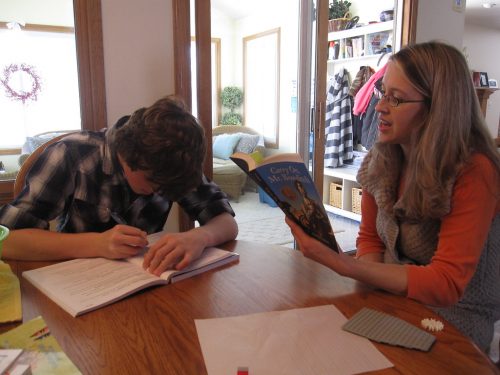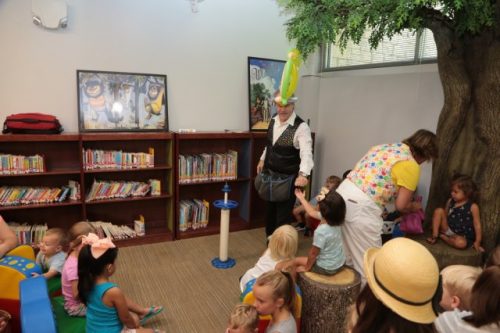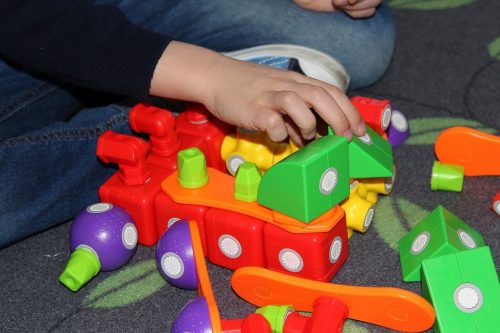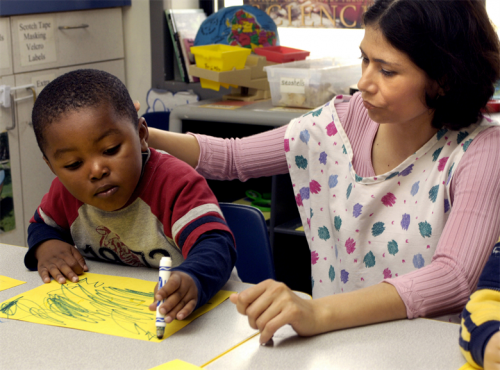
Traditional education is the only option people have a few decades back but thanks to educators who realize that there is no one size fits all regarding learning and teaching. Homeschooling came about because it was an alternative for children as well as the families with needs and lifestyles incompatible with the demands and schedule of the typical school. If the child started out with a public or private school with a standardized curriculum, then preparation and commitment are needed to ensure a smooth transition.
Preparation of the Withdrawal
Before anything else, check the legal necessities before beginning with the homeschooling. Every state has its regulations and requirements. Twenty-four states require the child to follow some periodic assessment of their knowledge either through standardized testing or portfolio review. In standardized testing, logistics can be arranged through local public schools or independently. While in a portfolio review, a certified teacher evaluates and approves the collection of a child’s output which may include writing samples, math tests, reading lists, and science experiments. You will need to save an example of your child’s work if the state you are in requires a portfolio review.
Include the expenses of homeschooling.

Homeschooling is not free like public education. It will entail the use of resources such as time, effort and money. The parents will be solely responsible for providing school supplies, books, online curricular purchases, materials, so much more. Also, factor in these costs in the monthly family budget as well as the family’s financial capacity.
Inform local school officials and teachers.
While all states do not require it for parents to inform about their plan to homeschool their child, it is best to exit the educational system with courtesy and with good relations with the administration and staff of the school. Be honest about your reasons for switching and ask for some advice they might be willing to share because after all, you will now be the primary educator of your child. Maintaining a good relationship with your school is vital especially if you want to include your child in the school’s extracurricular activities.
Gather the child’s record.
If the child is in public school for a few years, the district will have a file containing his medical and academic record. You will want to retrieve this pertinent information to make sure that it will not get lost when you withdraw your child. Also, it will give you an overview of your child’s education experience. Gaining insight from this will also aid you in the actual homeschooling settings.
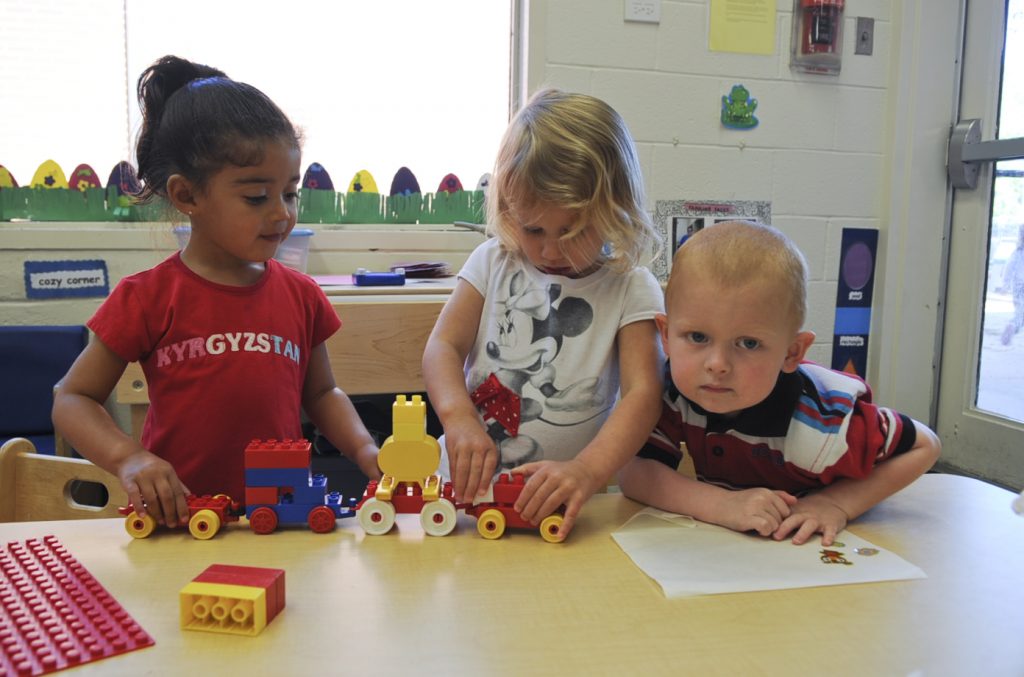
Thoroughly discuss homeschooling with your child.
This is one of the most critical steps. Make sure you are not bribing, threatening or brainwashing your child in choosing to homeschool over the typical classroom setting. If the decision of homeschooling is not a matter of option, but as a necessity for whatever reason it may be, provide an open environment for the child to ask for clarifications, explanation, and aspects to ponder on regarding the change to homeschooling.
Research and explore different homeschooling options.
There are numerous teaching methods and curriculum available for homeschooling. Reflect and analyze your child’s preferences and learning styles in picking the processes of education for the child.










